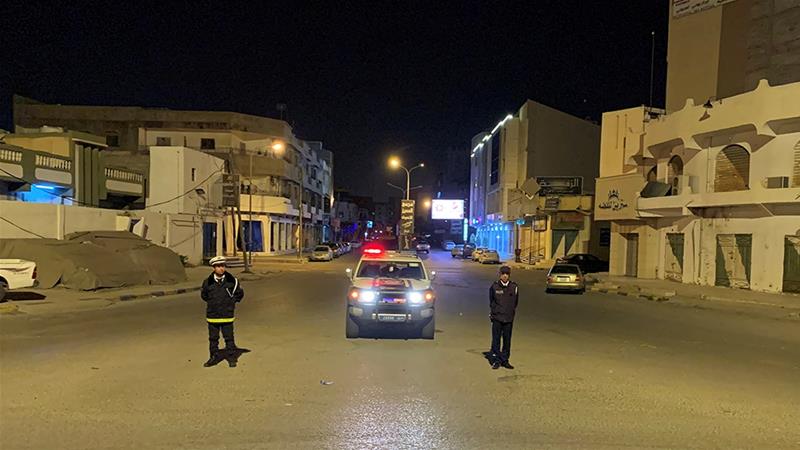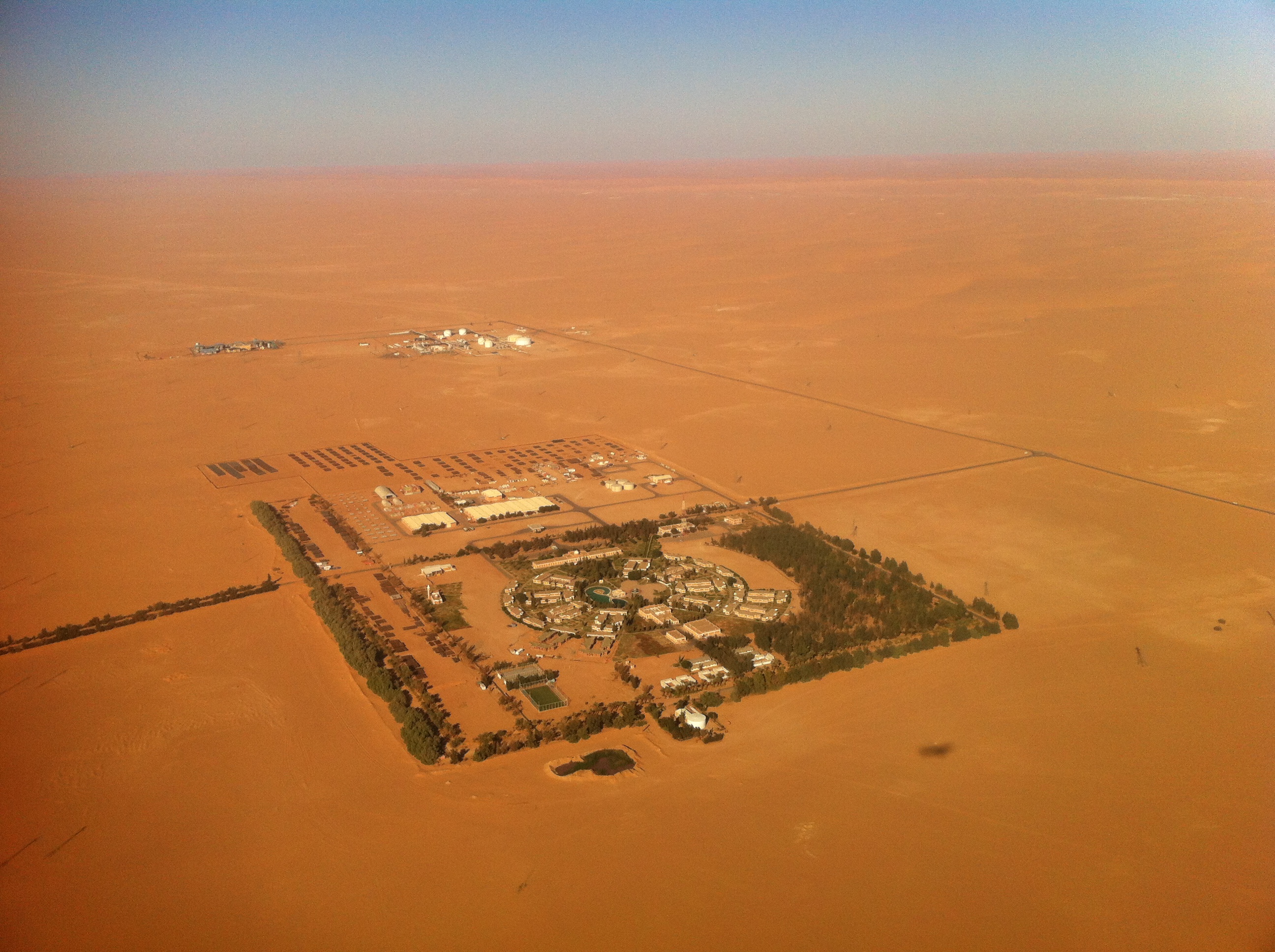The west’s Libya policy is strengthening its adversaries
https://www.ft.com/content/4fe4ad2e-...2-cbd9b7e28ee6
Please use the sharing tools found via the share button at the top or side of articles. Copying articles to share with others is a breach of FT.com T&Cs and Copyright Policy. Email
licensing@ft.com to buy additional rights. Subscribers may share up to 10 or 20 articles per month using the gift article service. More information can be found at
https://www.ft.com/tour.
https://www.ft.com/content/4fe4ad2e-...2-cbd9b7e28ee6
When Libyans rose against the dictatorship of Muammer Gaddafi in 2011, a Nato air campaign led by Europeans rolled back a regime offensive in the east of the oil-rich country. The ersatz institutions Gaddafi erected over 40 years of tyranny imploded with his regime. But, for the most part, the west left dozens of militias, tribal paramilitary and jihadi groups to fill the vacuum. Now, powerful external actors are locked in an escalation that looks unlikely to bring stability, fielding mercenaries and flouting a UN-mandated arms embargo.
The current chapter in Libya’s mayhem began with an offensive launched in April last year by Khalifa Haftar, a renegade commander based in eastern Libya, to capture the capital city of Tripoli, held by the UN-recognised Government of National Accord, which is led by Fayez al-Sarraj. General Haftar, a former Gaddafi officer who turned on his leader, gradually built up his self-styled Libyan National Army, with powerful backing not just from Russia and Kremlin-linked mercenaries but from Egypt, the United Arab Emirates and (to an extent) Saudi Arabia.
The tide turned against him this year after Turkey swung behind Tripoli and the GNA. Last month, deploying anti-missile batteries and drones, Ankara helped the Sarraj government recapture from the LNA the strategic al-Watiya air base south-west of Tripoli.
The situation begins to look like Idlib, where Russia and the Assad forces clashed with Turkey and its Syrian proxies in late-February. But Libya is being Syrianised another way.
Thousands of Syrian fighters are ranged on both sides: Turkey’s Syrian militia clients for the Tripoli government and pro-Assad militia with Gen Haftar. After al-Watiya fell, Moscow upped the stakes by flying Russian jet fighters from an air base in Syria to eastern Libya, risking direct conflict with Turkey.
Is any of this in the interests of Libyans? Stephanie Williams, acting UN envoy for Libya, told the Security Council last month “the Libyans themselves are getting lost in the mix” of this escalation and “massive influx of weaponry”.
Turkey and Russia’s goals are more about self-interest than Libya’s wellbeing. Turkey last year signed a maritime boundaries deal with the government in Tripoli.
The GNA, product of a stillborn UN peace deal in 2015, is weak and often beholden to a shifting array of militias. Ankara is trading its support for a maritime agreement it hopes will reinforce its claim to oil and gas riches in the eastern Mediterranean (resisted by Greece, Cyprus and the EU).
On the other side,
Russia, its taste whetted by success in Syria, could end up with a useful foothold on the EU and Nato’s southern front by supporting Gen Haftar. The Arab coalition behind the general is deeply hostile to Turkey meddling in Arab affairs, especially since Ankara is backed by Qatar, the gas-rich emirate they have blockaded since 2017.
Gen Haftar first won the support of Egypt, the UAE and Saudi Arabia by claiming to be devoted to the fight against jihadism Arguably, it is the former CIA collaborator’s lust for absolute power that is the biggest obstacle to peace and stability in Libya. His assent this week to another UN ceasefire follows military setbacks and is likely to be no more than a pause.
The role of France has also been delicate. Paris has tried to conciliate the two sides but has favoured Gen Haftar, and surreptitiously backed him with arms and special forces.
In France’s eyes, the chaos in Libya is a major stimulant of illegal migration to Europe, and feeds the spread of jihadi extremism.
An EU-policed maritime embargo on arms to Libya is not only ineffective. It is likely to favour the general, who gets much of his resources overland. This is not just the EU in another muddle.
In Syria as in Libya, the west keeps pursuing policies that end up strengthening adversaries such as Russia and wobbly allies like Turkey.



 Reply With Quote
Reply With Quote









Bookmarks